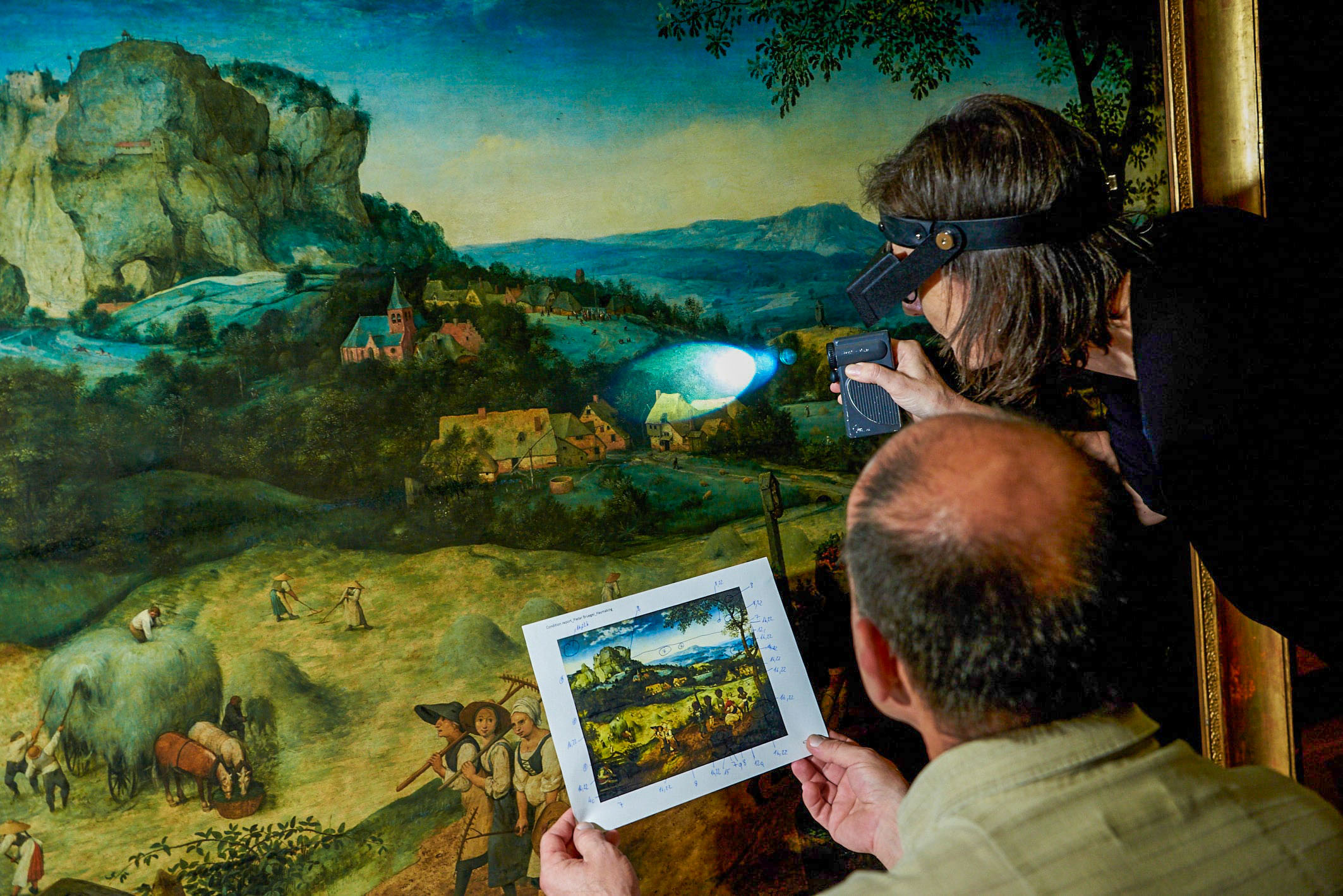Discover a rich musical heritage
The Lobkowicz Music Archive, comprised of approximately 5,000 items, was assembled over three centuries by principal members of the Lobkowicz family who were not only patrons, but also enthusiastic collectors, performers, and composers.
The family’s personal tastes and affinities are reflected in the music collection. The archive is particularly rich in music of the late 18th and early 19th centuries, including works by Haydn, Mozart, Beethoven, Cartellieri and the Wranitzky brothers. The earliest section of the archive includes precious Baroque tablatures and French instrumental and vocal-instrumental pieces from the 17th century. A separate archive called The Loreto Music Archive belongs to the Lobkowicz Family Archive.

